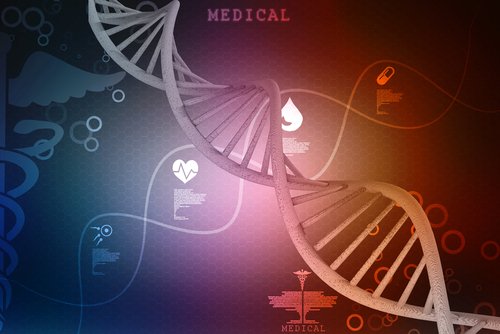3D Signatures’ Telo-HL test may be one step closer to clinical use with the development of a scoring model designed to predict the risk of relapse in Hodgkin’s lymphoma patients.
The company also announced the completion of an analytical validation conducted to confirm the consistency and reproducibility of the test.
“This is the most significant accomplishment for the Company yet,” Jason Flowerday, CEO of 3DS, said in a press release. He also highlighted the development of the “first clinically-compliant and validated test based on telomeric profiling, which can uniquely inform treatment decisions in Hodgkin’s lymphoma.”
Telo-HL uses 3DS’ TeloView software platform to identify the 15 to 20 percent Hodgkin’s lymphoma patients who are likely to fail standard chemotherapy and should be considered for more advanced therapy or included in clinical trials for new treatments, such as immunotherapies.
TeloView enables a 3-D analysis of the patients’ telomeres — the protective caps at the end of chromosomes. It measures the organization of the genome and how it corresponds to the disease stage, rate of progression, and response to treatment. The TeloView score ultimately aims to help personalize treatment and manage the disease based on the unique characteristics of each patient.
BioStat Solutions, 3DS’ statistical partner, conducted an independent analysis to develop the scoring model from more than 200 potential predictors, including different combinations of the telomeric organization, cell type, and clinical parameters.
The analysis revealed that a combination of at least three parameters led to a highly predictive model of relapse risk. This included parameters that can only be evaluated with TeloView’s unique 3-D analysis.
3DS then successfully validated Telo-HL by processing and analyzing, in triplicate, biopsy samples from the same patients. According to the company, this validation proves the test’s consistency and reproducibility under diverse conditions.
“In keeping with best practices, external scientific peer-review is now essential to confirm our own evaluation of Telo-HL’s strong performance and reproducibility,” said Kevin Little, PhD, chief scientific officer of 3DS.
Little also said that 3DS plans to present detailed results at clinician meetings and publish them in a top-level clinical journal in the second half of 2018.
“This will build awareness with key opinion leaders and pharmaceutical companies that Telo-HL is ready and available to be incorporated into clinical trials as a correlative biomarker alongside new therapeutic interventions,” he said.
3DS recently reported that Telo-HL is able to identify several differences in the DNA of patients who respond to standard ABVD (adriamycin, bleomycin, vinblastine, and dacarbazine) chemotherapy, compared with patients who relapse or are unresponsive to treatment within the first year.
According to Flowerday, Telo-HL is a key proof-of-principle for TeloView and may speed up the development of tests for prostate cancer, lung cancer, and multiple myeloma.


